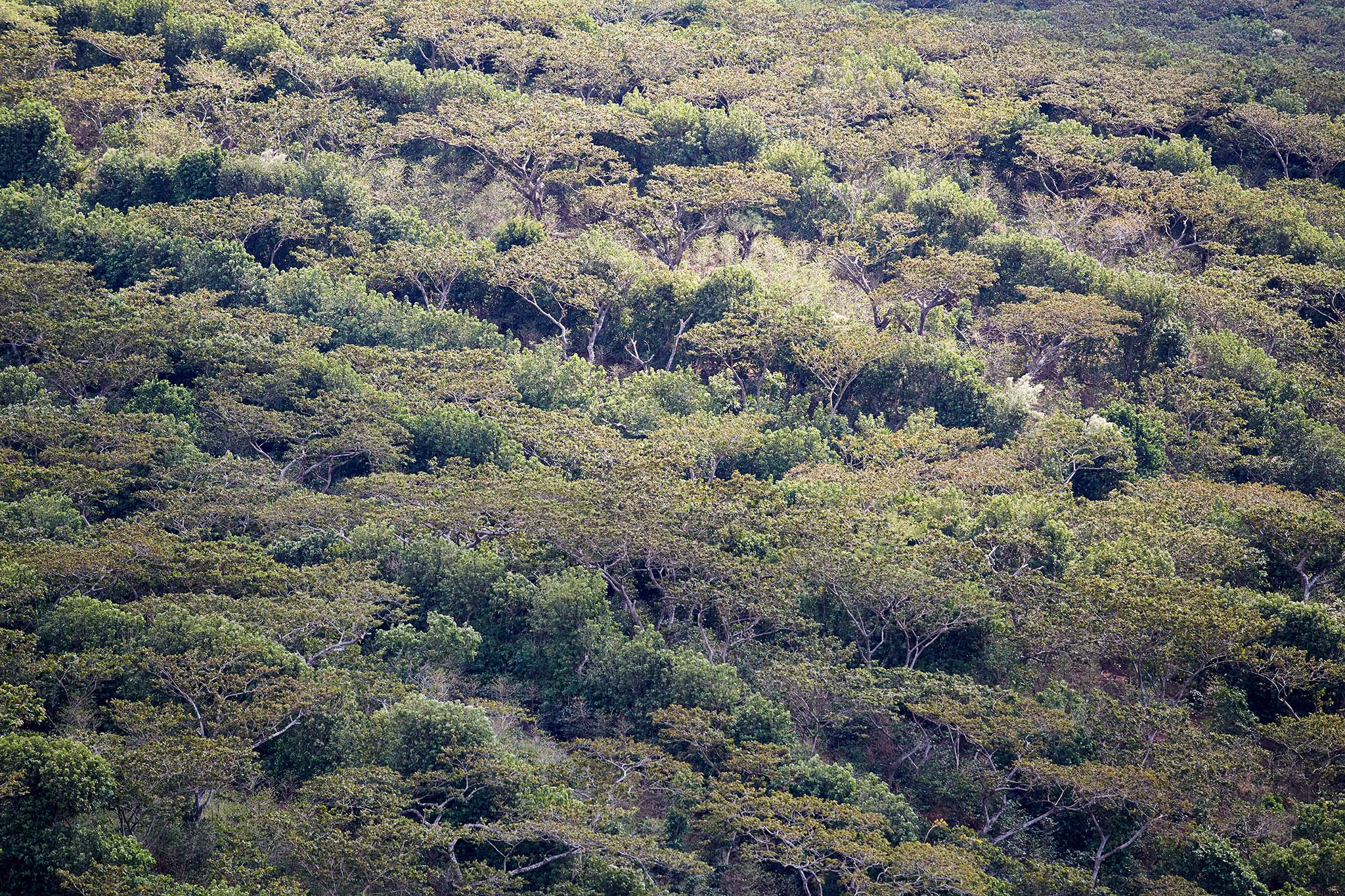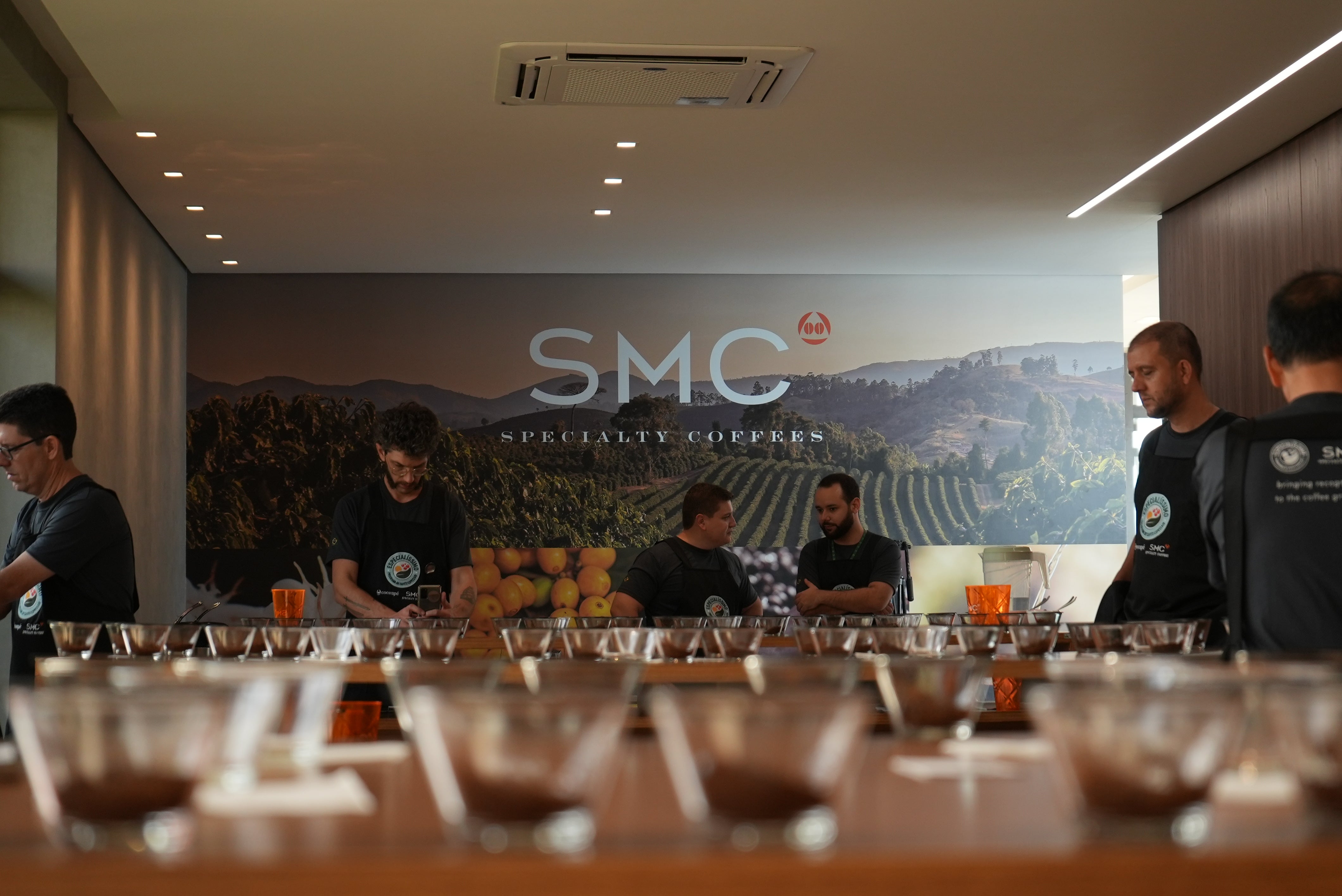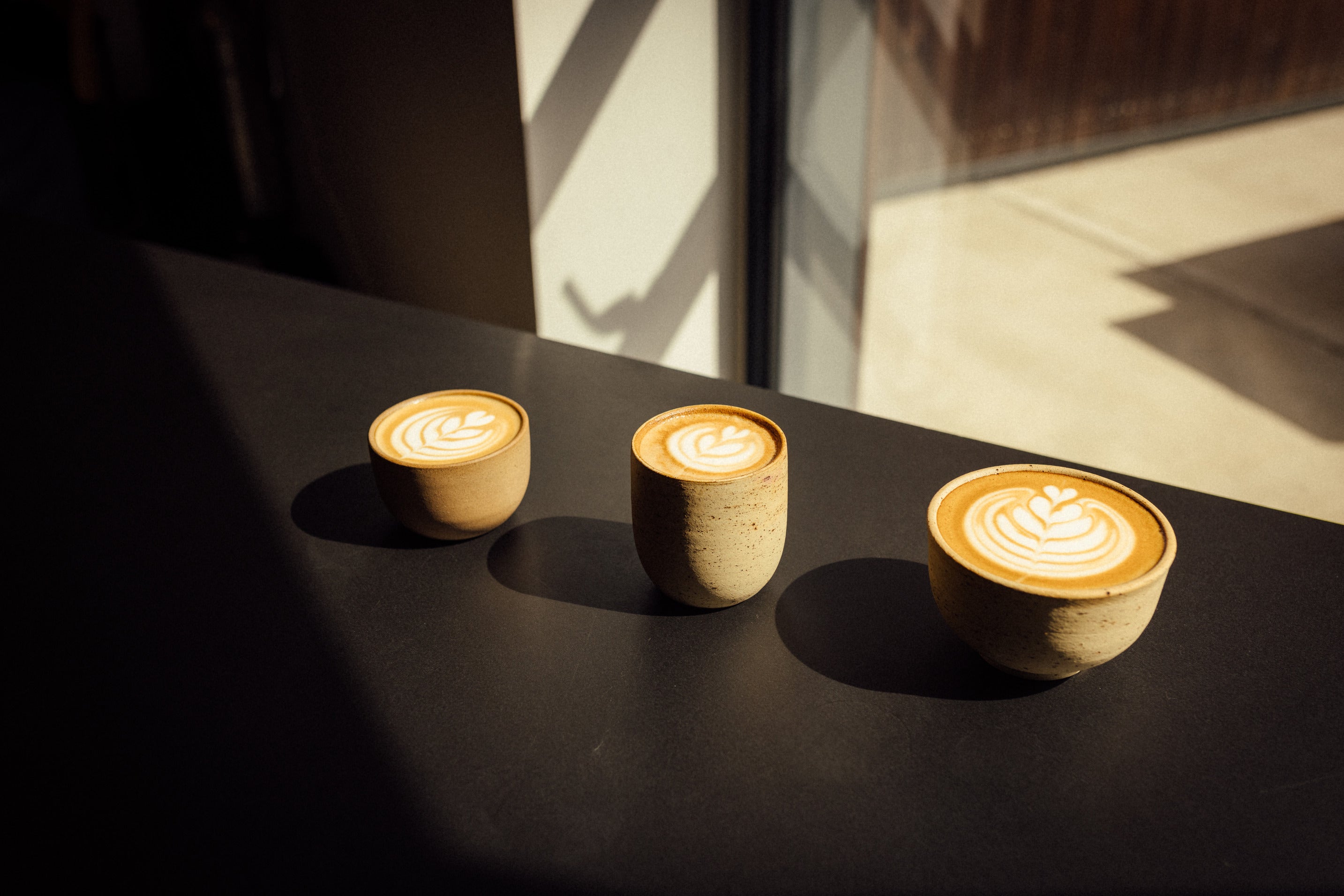In this guide to coffee in El Salvador, we take a look at this history, harvesting and common processing techniques. Nicknamed ‘Pulgaruto’, which means ‘little thumb’, El Salvador might be the smallest country in Central America, but its people have lent a big hand in shaping the future of speciality coffee. This densely populated country is renowned for high quality varietals, fertile soils, and an innovative spirit across its many coffee producing regions.

Despite the country’s long history of successful production, El Salvador’s faced numerous challenges that have not only placed the country’s success at risk, but raised important questions about how farmers and producers around the world will continue to grow coffee in light of the impacts of climate change.
Here we look into El Salvador’s relationship with coffee, through struggles and triumphs and why, despite it all, they’re still firmly on the world map of speciality coffee.
HISTORY
El Salvador’s history has long been aligned with the production of coffee–in fact, its cultivation in the country laid transportation infrastructure that allowed for further growth. Arriving in the 1880s, coffee quickly became the country’s main export, coming at a time when the revenue for growing Indigo (the plant grown to dye fabric the colour the name implies) was dwindling, due to the arrival of cheaper, man-made alternatives. As a significant contributor to the economy, the development of roads, rail, and ports was possible - but such improvements weren’t felt for much of the country.
By the 1920s, coffee production accounted for around 90 percent of all exports; by the 1970s, the country held the position of being the 4th largest producer in the world. Today El Salvdor stands as the 11th largest producer out of 55 coffee producing nations, and coffee accounts for under two percent of their export trade. Yet after such rapid growth, El Salvador fell just as quickly into trouble, with challenges threatening to topple their position from the world stage.

While the country produced a large quantity of coffee, its production - and money - was held in the hands of a small elite group, most of whom were politically connected. A long period of civil war (1979-1992) saw a huge decline in production and demand; after such a long period of unrest, producers found it hard to break into the international market amid competition from other countries.
Yet El Salvador wasn’t ready to give up. After the war, land reformation and redistribution broke up many of the large and traditional estates. With a glimpse of opportunity on the horizon for farmers, the landscape of coffee production in the country finally began to shift to the one we know today: skilled, ambitious, and resilient.
GROWING AND HARVESTING
Coffee is grown over seven of the fourteen provinces in El Salvador, with 165,000 hectares - almost 12 percent of the country’s arable land - dedicated to growing the crop by approximately 20,000 producers. Around 95 percent of these producers grow coffee on less than 20 hectares of land, with no single person permitted to own over 245 hectares, thanks to the rules that followed the redistribution of land after the civil war.
Almost all coffee produced is shade grown, maintaining the biodiversity of the country. Bourbon, Pacas, and Pacamara are three of the most common varietals grown in El Salvador (Bourbon accounts for over half of all the crops grown), grown at a broad range of altitudes, benefitting from rich, volcanic soil, and high rainfall between May and October. The harvest season typically runs from December to March, peaking in January.


Micro-lots are increasingly common as producers look to explore new varietals. Coffee leaf rust is still a huge threat to the Bourbon varietal in the country, decimating crops by up to 50 percent–a stark reminder to other countries that the future of coffee needs to change if it is to be sustainable.
PROCESSING AND BREWING
One thing that has remained consistent throughout El Salvador’s relationship with coffee, is the country’s exceptional quality–something that, in recent years, the Cup of Excellence awards has helped bring back into focus. Renowned for producing some of the world’s most sought-after varietals, the country has a broad and highly skilled coffee force, where today's generation of farmers have shifted the focus from quantity to cup excellence, keen to experiment with processes and plant types. This new approach and vision isn’t simply about keeping El Salvador on the map of speciality coffee, but recognising the challenges that still lie ahead.
The forming of cooperatives has meant that better resources are at hand for small farms, furthering opportunities for producers to harvest, mill, market, and sell their coffee, tackling issues with traceability and transparency, and providing fair pay while reducing cash flow difficulties. With greater support in place, more and more producers are able to explore new varietals, providing higher yields and better protection against future disease, while also opening up the possibility of exciting tasting profiles.


You’ll still find the classic sweetness, high acidity, and rich complexity of a Bourbon varietal in many world-class coffees from El Salvador, but also exciting new ventures, with producers looking to push beyond the expected. While natural and washed processes were once the most common, producers, such as Carlos Pola, who we’ve had the pleasure of working with on numerous occasions, has partnered with producers in other countries, collaborating on varietals and processes, proving that El Salvador isn’t leaving the world stage any time soon.
PREVIOUS EL SALVADOR COFFEE RELEASES
Finca Andalucia; San Carlos (2015); Espana; Finca El Borbonas; Finca Recuerdo; San Antonio; San Carlos (2016): Espana; Finca El Borbonas; Finca Recuerdo; San Antonio; San Carlos /(2017); Bosque; Espana; Guineyal Lot 34; Guineyal Lot 35; Bellotos (2018); San Antonio; San Antonio, Malic (2019); San Antonio Decaf; San Antonio, Double Soaked; San Antonio, Malic; San Antonio, Natural; San Antonio, Frozen (2020); Las Nubes; San Antonio, Black Honey; San Antonio, Honey; San Antonio, Tartaric; Santa Elena (2021); San Antonio, Decaf; El Mirador; Santa Elena, Natural; Santa Elena, Washed; San Antonio, Black Honey; San Antonio, Dehydrated Honey; San Antonio, Natural; San Antonio, Low Temperature Natural; San Antonio, Tartaric Acid Fermentation, Santa Elena, Natural; Santa Elena, Washed (2022)
[updated Aug 22]
--
View our current coffee portfolio and discover our latest El Salvador release - here














